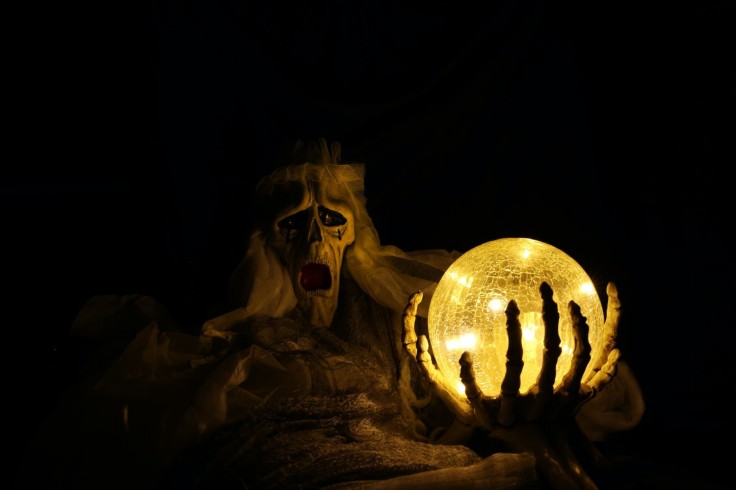
Dr. Kim Peirano, Intuitive Healer and Doctor of Acupuncture and Chinese Medicine (DACM) told The Every Mom that children are more susceptible to ghost sightings due to a greater sense of awareness than most adults. This leaves kids subject to picking up on energies and events that are mostly unnoticed by most particularly adults.
Jacqueline Woolley, Ph.D., professor of psychology at the University of Texas at Austin, whose work primarily focuses on children's ability to distinguish between fantasy and reality, says that children have rampant imaginations. There is a particular thrill to fantasy and a lure to the 'surreal' at a young age. Dr. Woolley added that between 30 percent and 50 percent of kids have an imaginary companion at some point in their lives.
Many parents including adults tend to believe that because most kids are still not able to express their thoughts, they appear to be unaware or unconscious of what's going around them. Mara Doemland, a TikToker mom and a mother of four, is one of the parents who claimed that their kids can see ghosts. Revealing that her two sons, Murphy and Indy, began seeing ghosts when they reached 18 months old. While Murphy eventually developed a more playful relationship with the supposed spirits, Indy still appears to be terrified.
Kid's brains create certain scenarios due to imagination
The viral stories of children allegedly seeing ghosts thrive online but no matter how unprovable the volume of such stories is, it's more than enough to make scientists take notice. Dr. Woolley's research dives deep into kids' evaluation and understanding of reality versus the fantastical. Additionally, there are massive admittedly reports of children seeing ghosts and though Halloween seems fun, such stories have many holes in them.
Noting that the minds naturally create connections between events, whether they are connected or not. Basically, the brain pays attention to proof that backs up the claim and somehow fits the theory but ignores the evidence that does not seem to fit; Charles Fernyhough, a psychologist at Durham University, where he studies and investigates the phenomenon of hallucination says that kids seeing ghosts are an outcome of children's abundant imagination.
Further, not too long ago, imaginary friends were considered a precursor to mental illness. However, nowadays, it appears to be a positive sign of healthy child development in which parents come to him concerned if their child does not have one, per The Washington Post.
"A murky line between fantasy and reality for a kid"
Jim B. Tucker, a child psychiatrist, is balancing the science and the paranormal at the Division of Perceptual Studies at the University of Virginia and says that they don't take the approach of believer or nonbeliever but rather research and explore the phenomenon of these reports.
Jean Piaget, the developmental psychologist, says there is a murky line between fantasy and reality for kids, whether it's only imaginary friends or dreams or basically ghosts. Old thinking assumed children are just unable to differentiate between what's real and what's not. Fernyhough, on the other hand, believes that some kids just mix their imagination and reality thinking sometimes and eventually sustain hallucination-like experiences.
Dr. Woolley told Parents that many of these supposed ghost sightings may be because of culture. Adding that kids who were raised in households that discuss supernatural beings are more likely to recognize experiences as such while kids who are not exposed to such discussion will be less likely to identify them in such a way. In fact, a 2022 survey entitled Unexplained Activity at Home: Is Your House Haunted? determined that almost half of Americans believe their house is haunted.